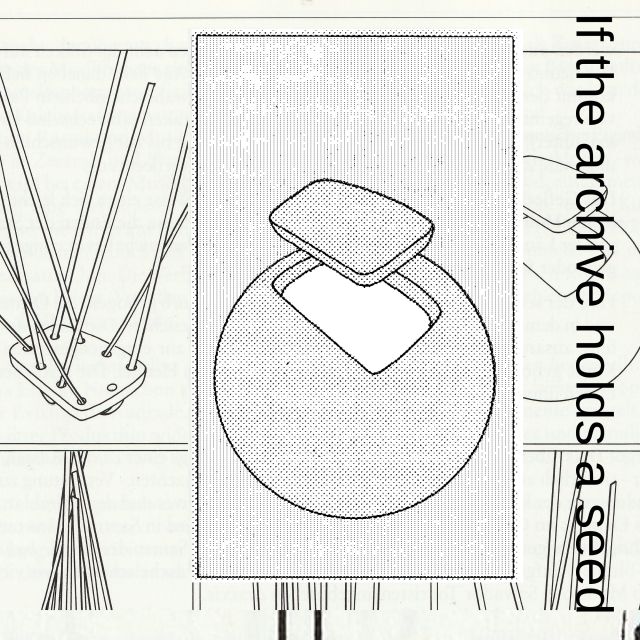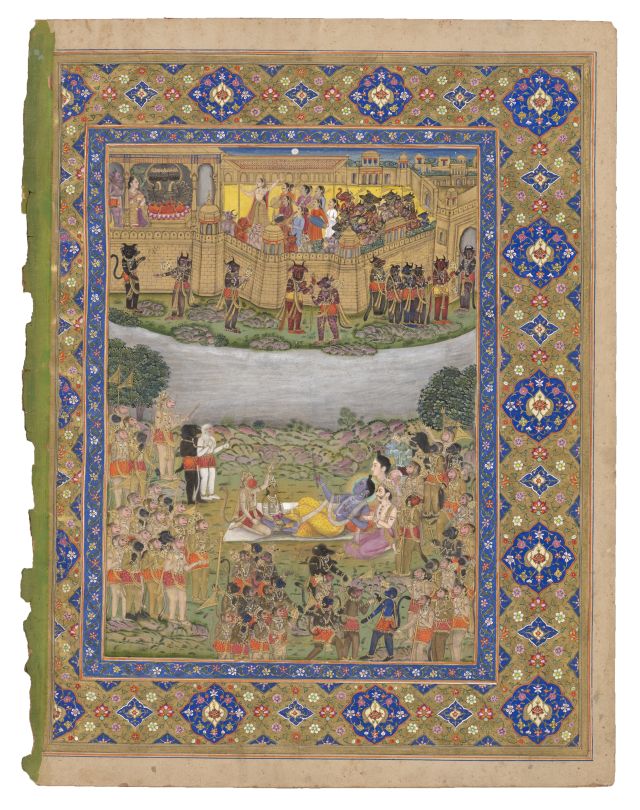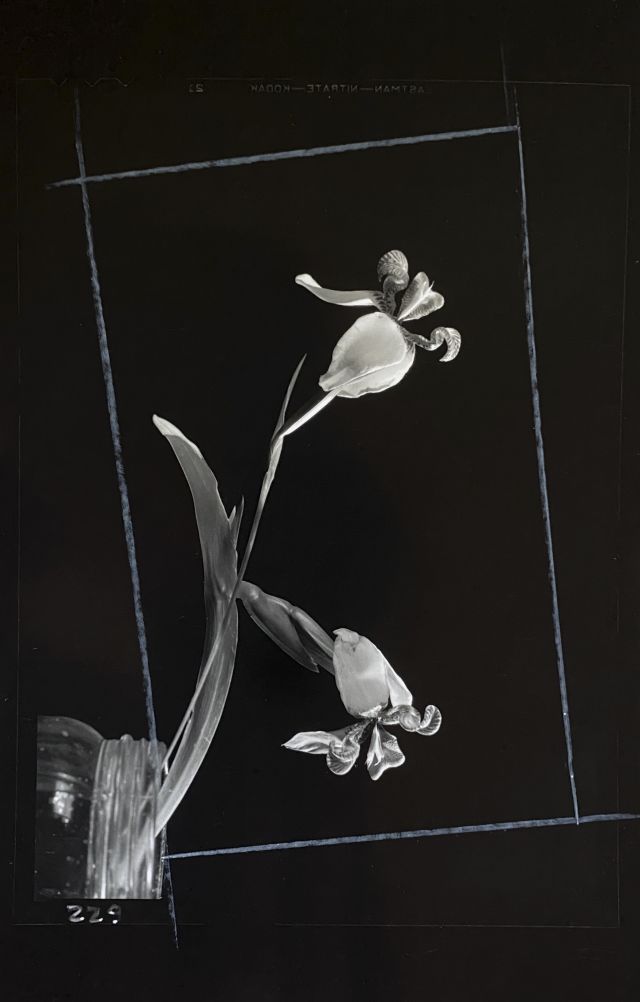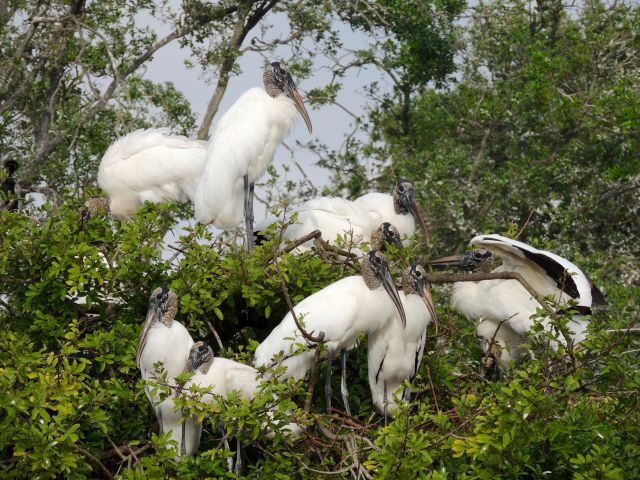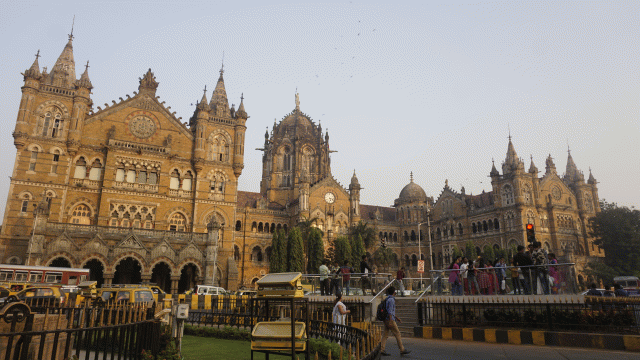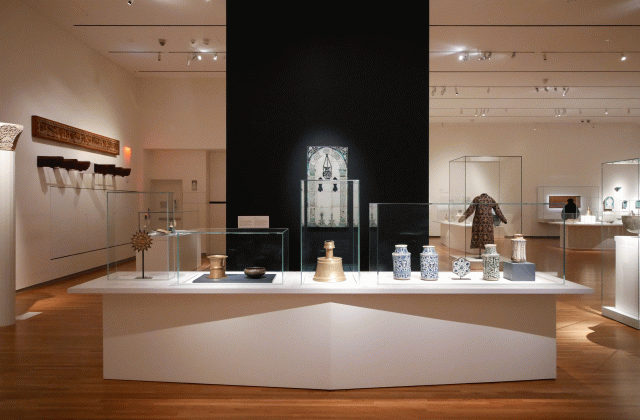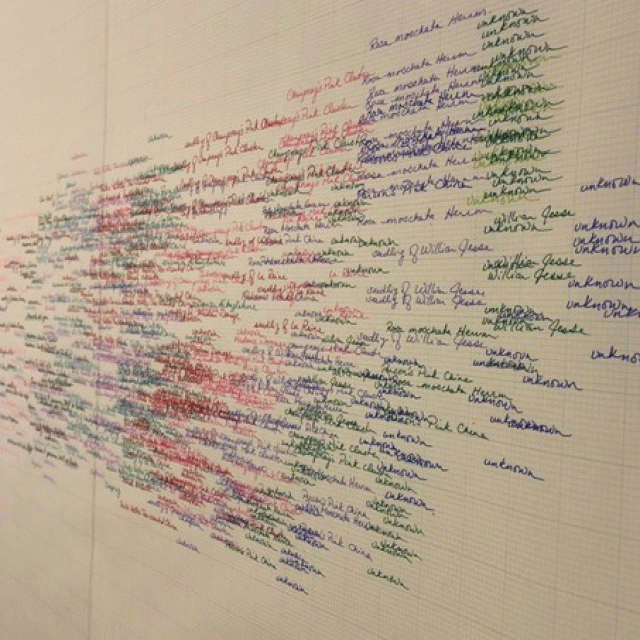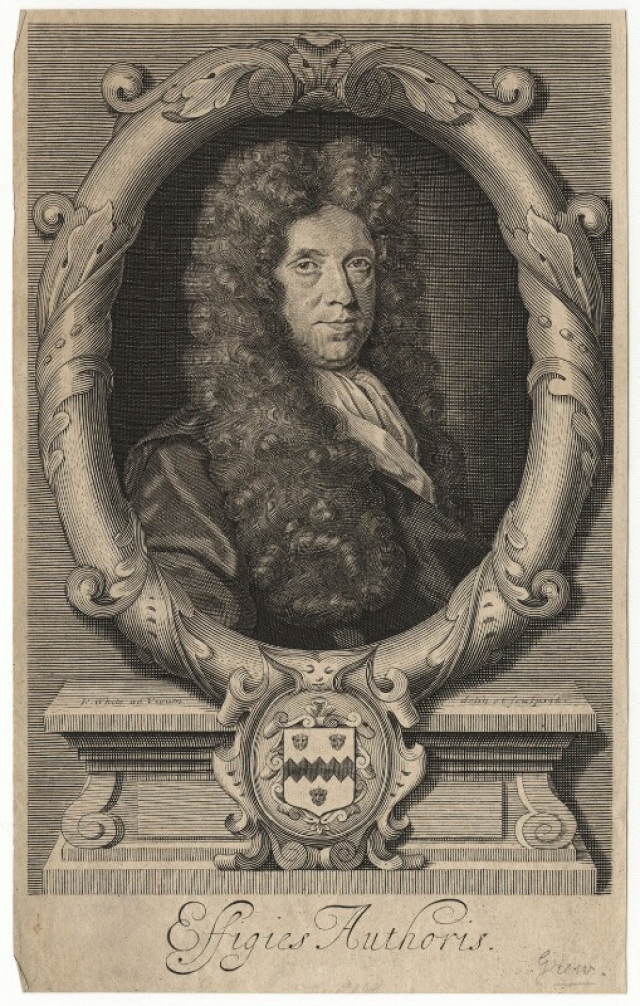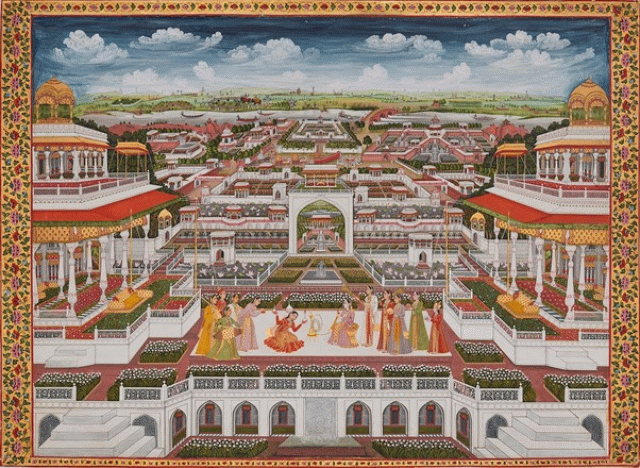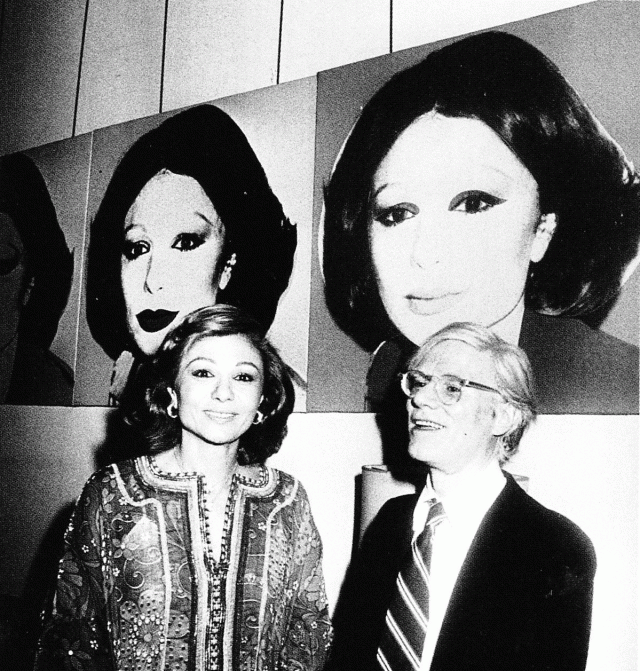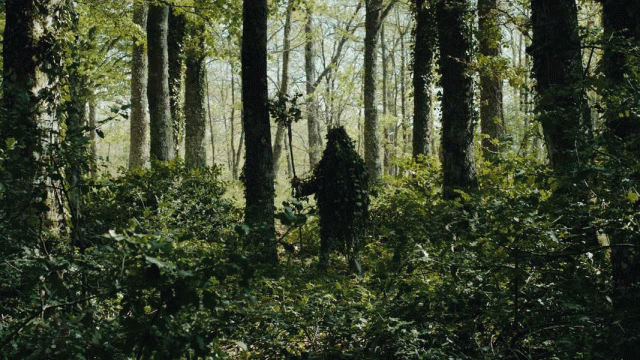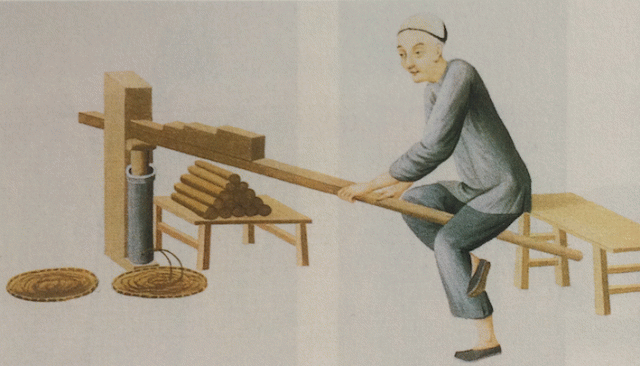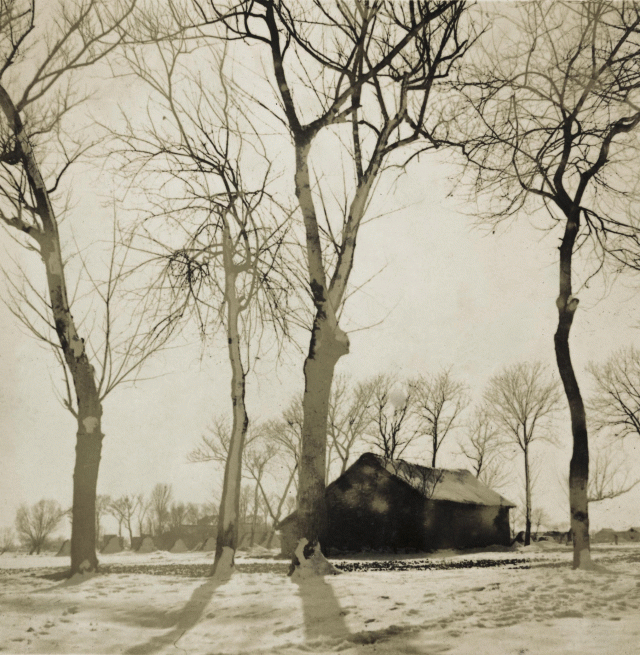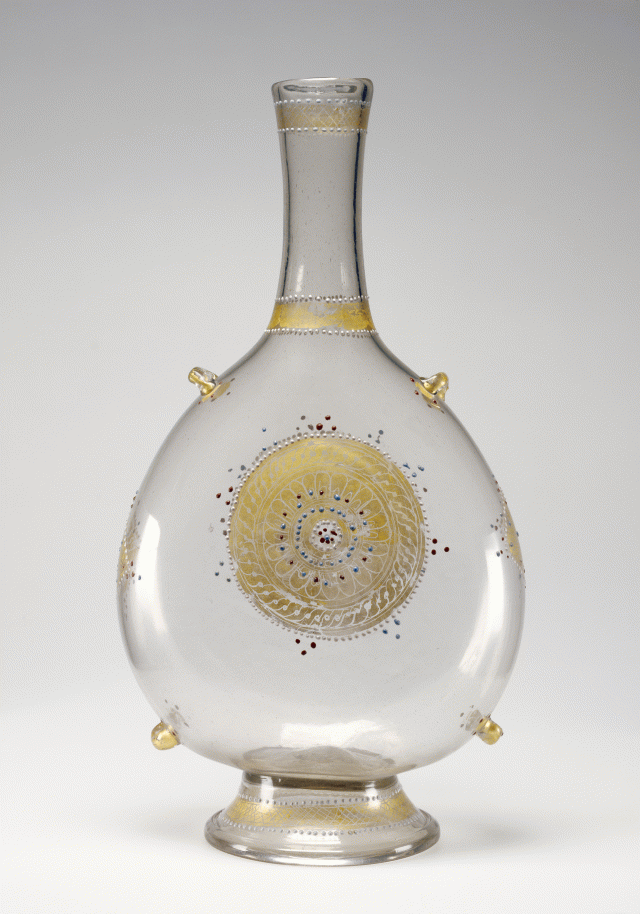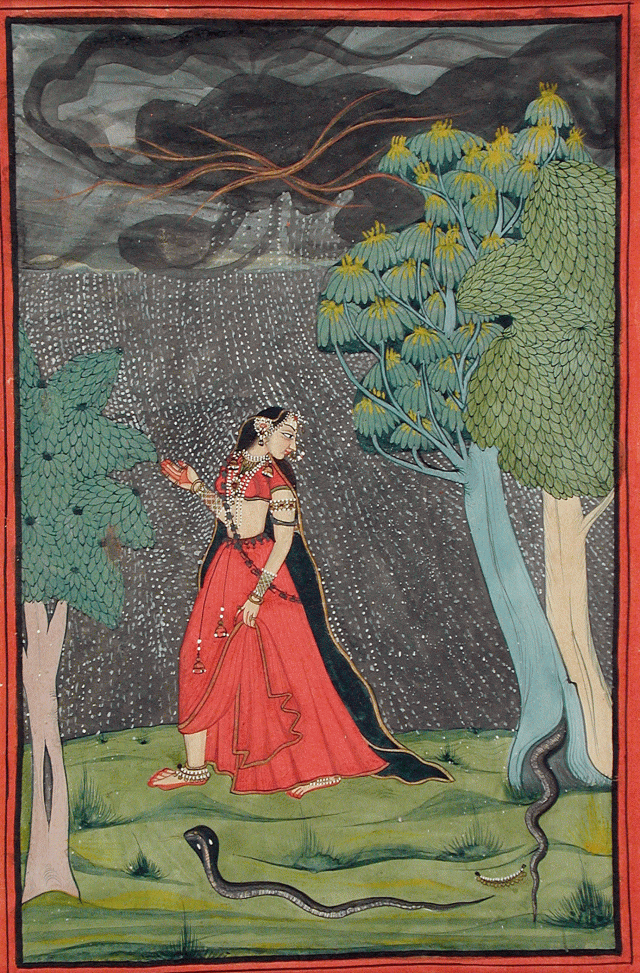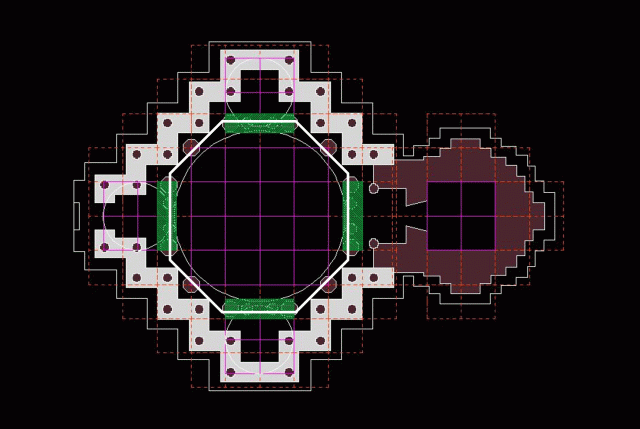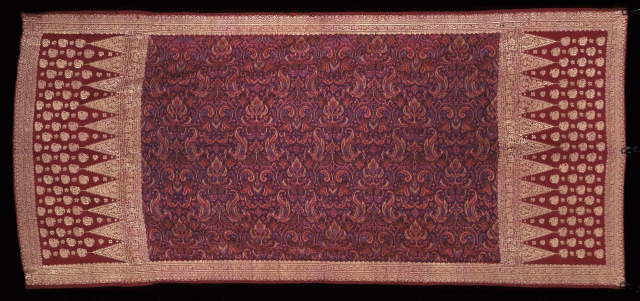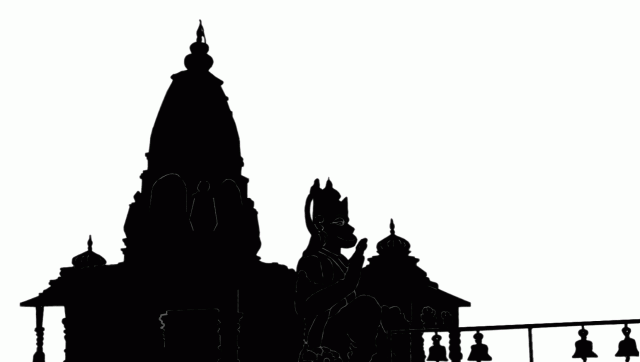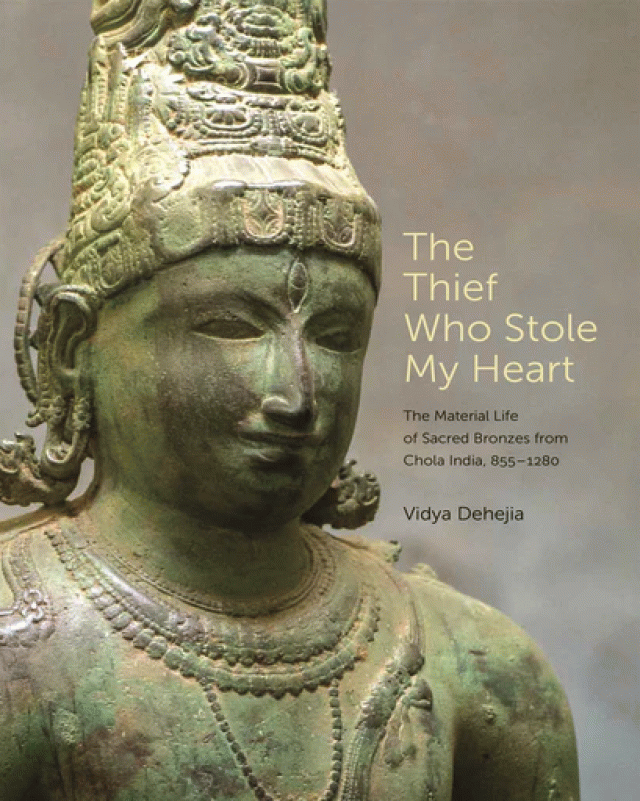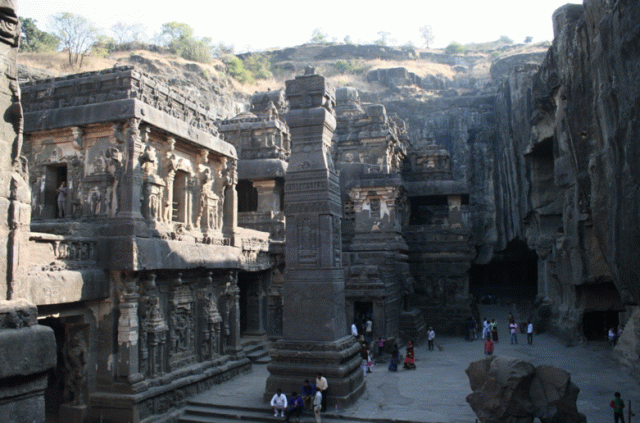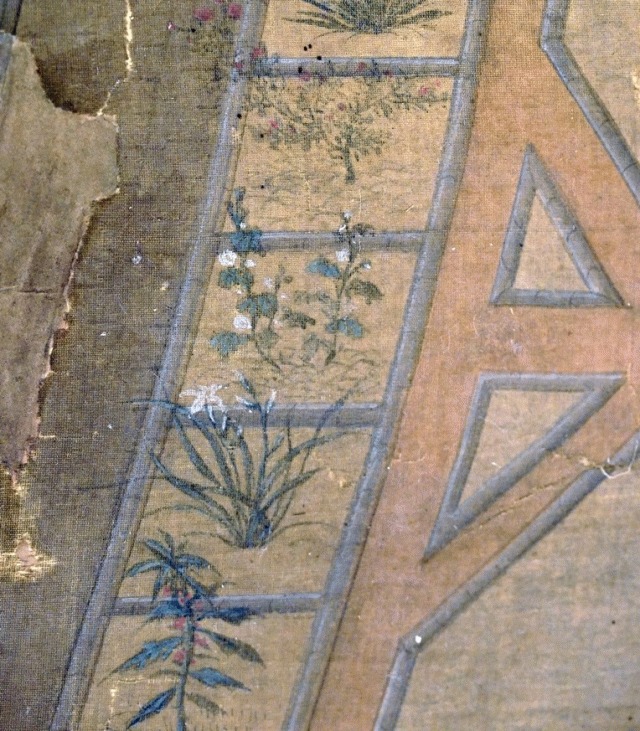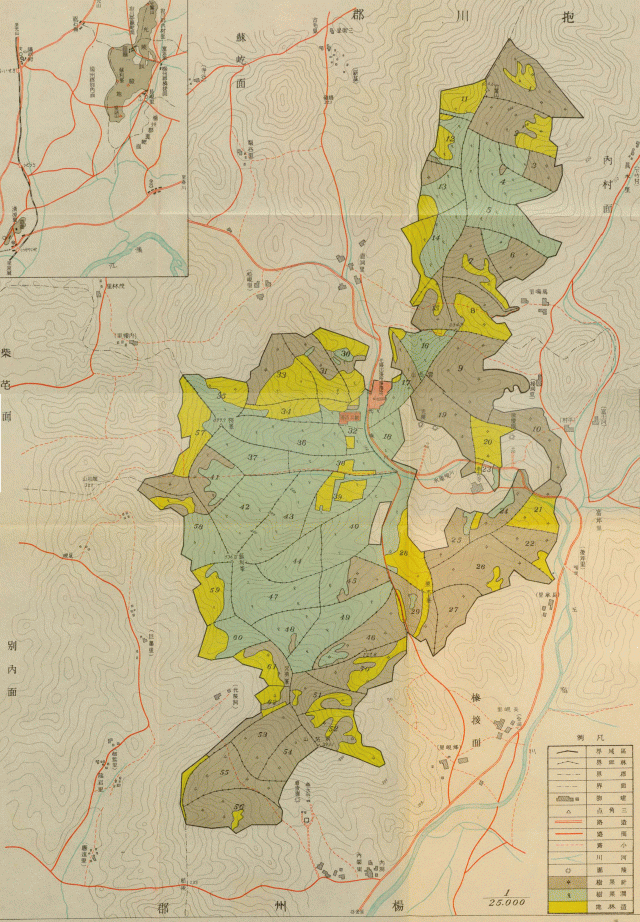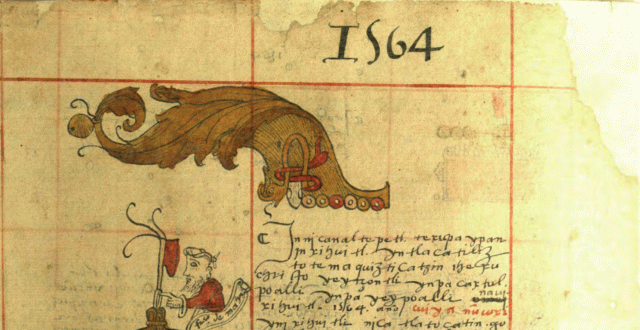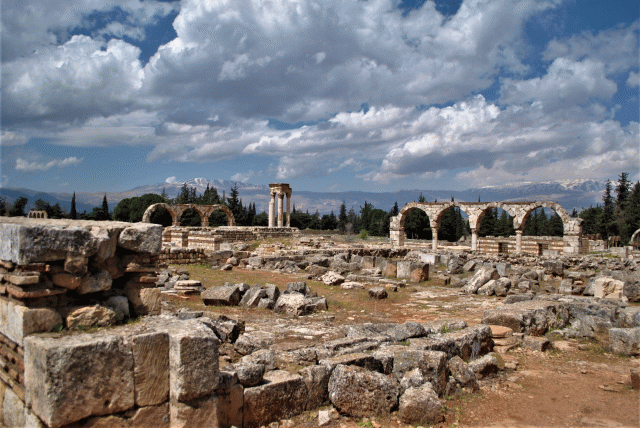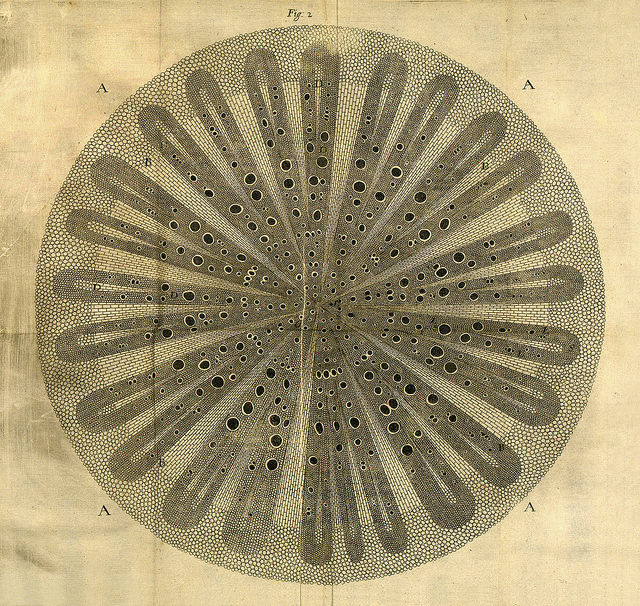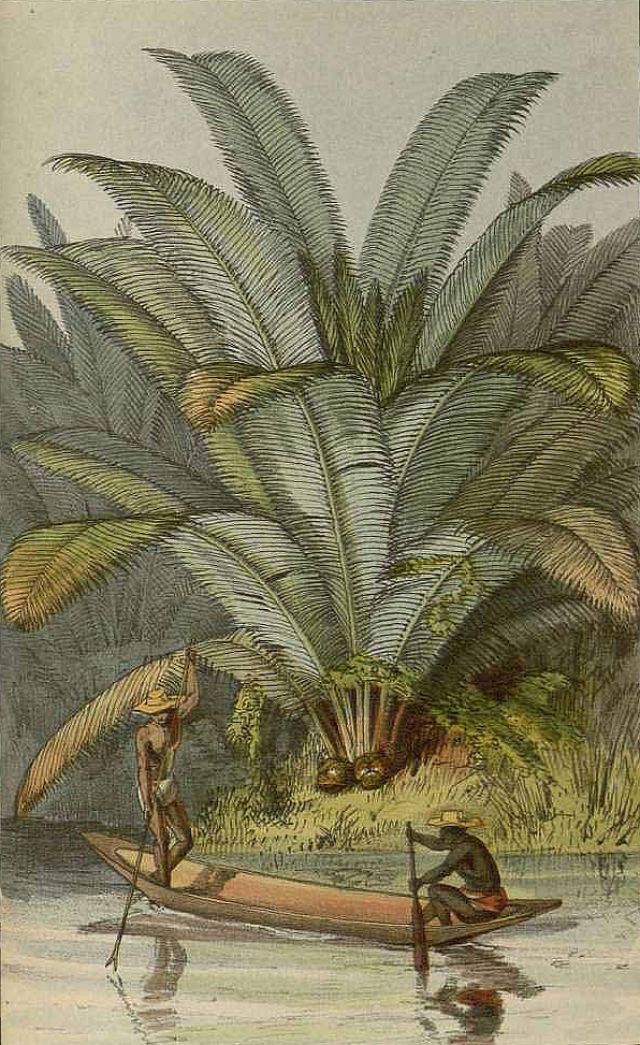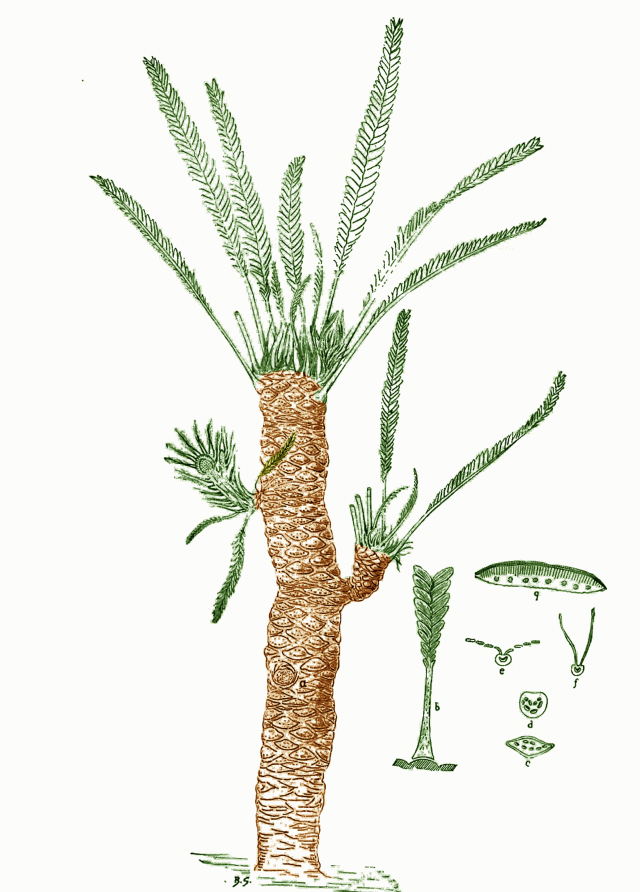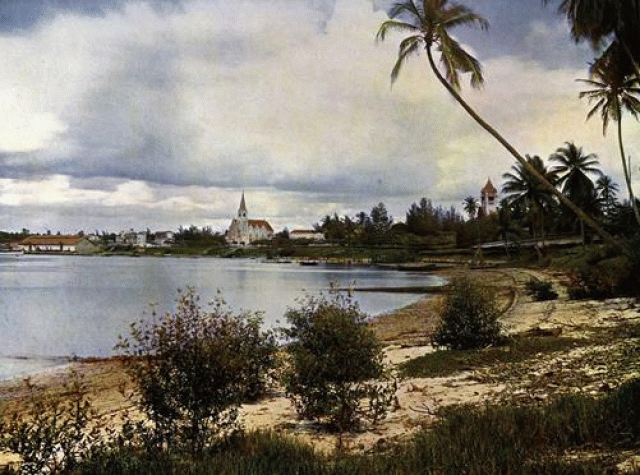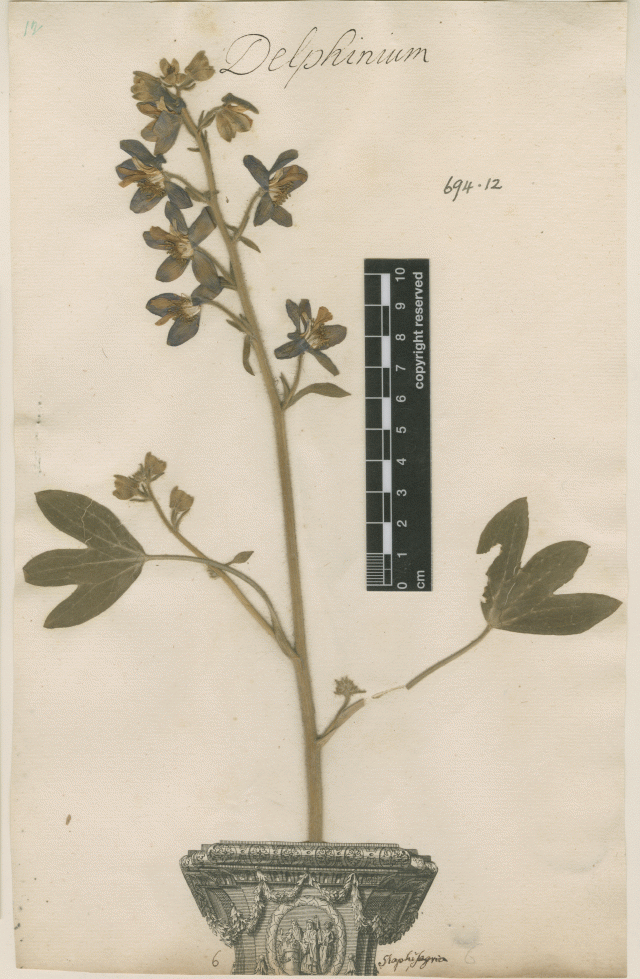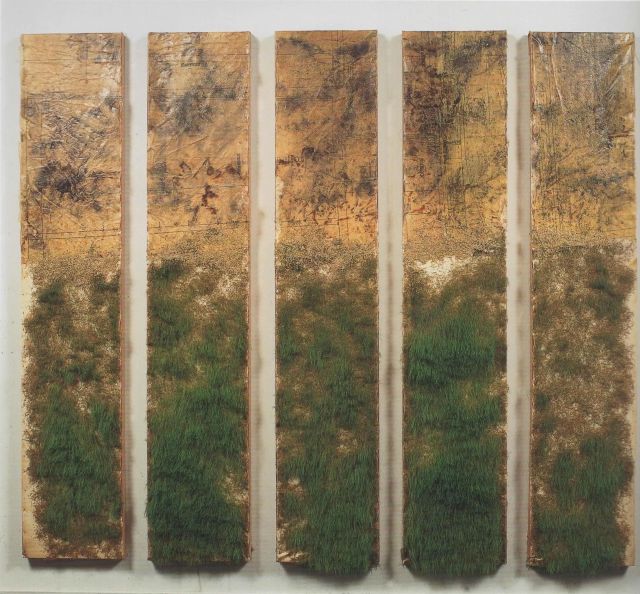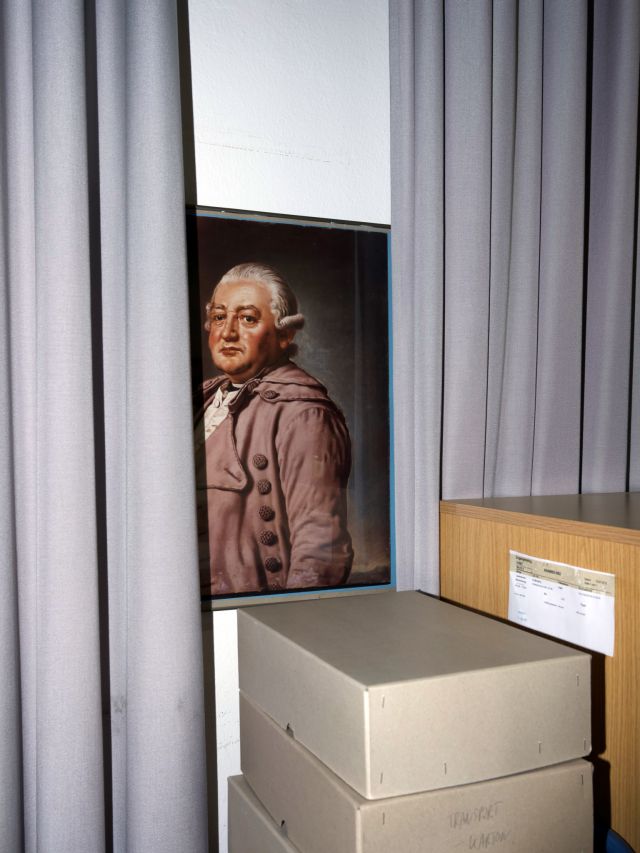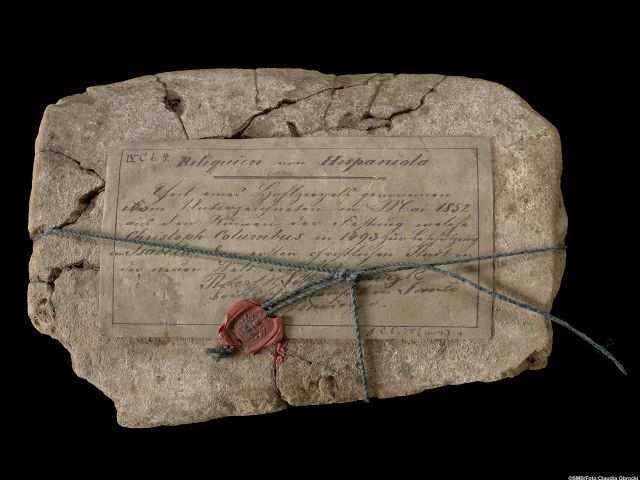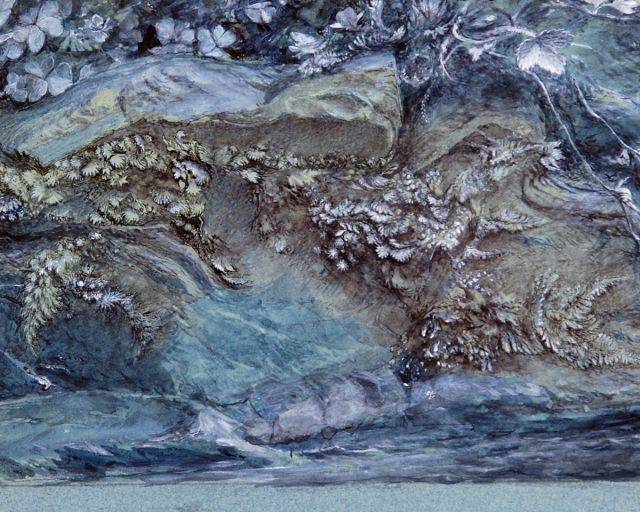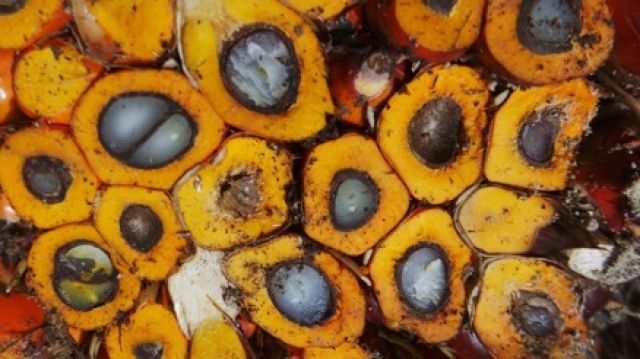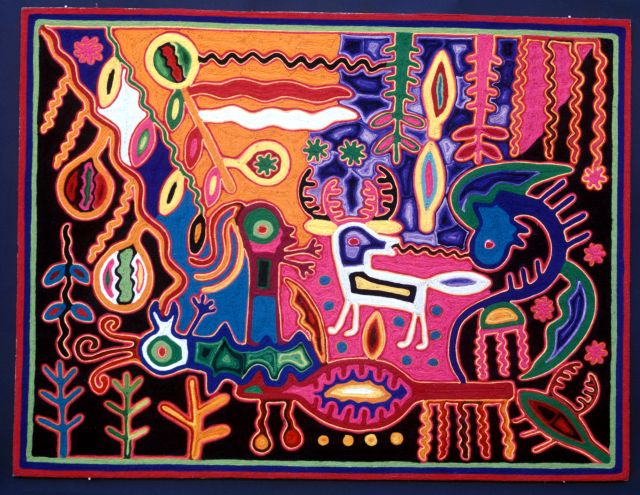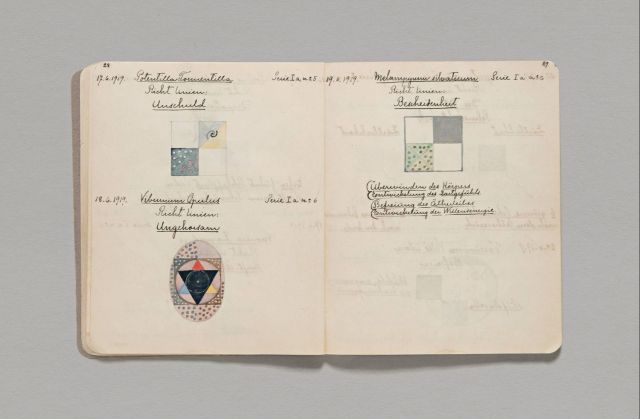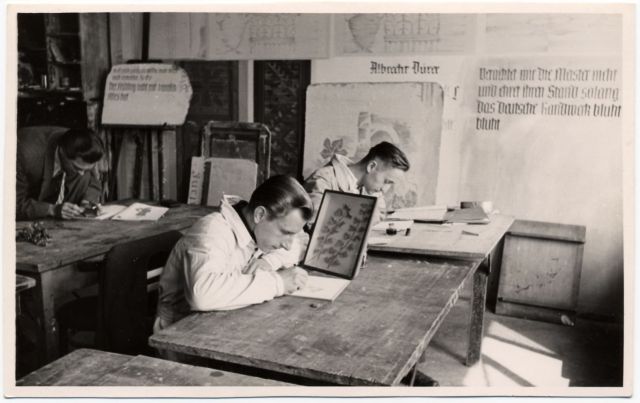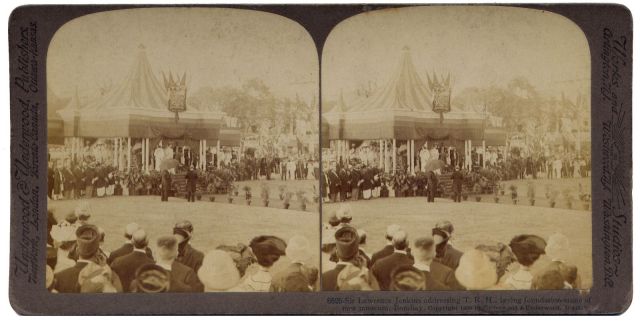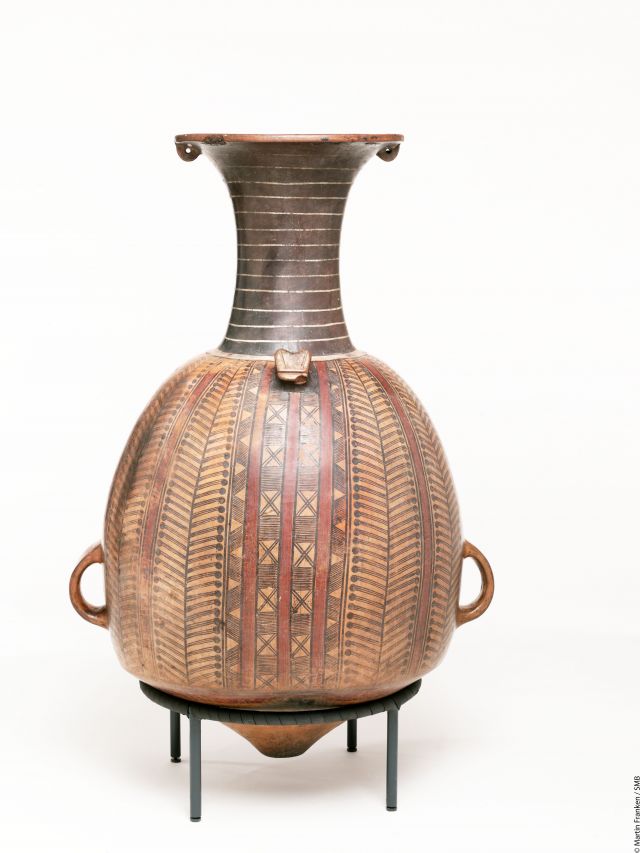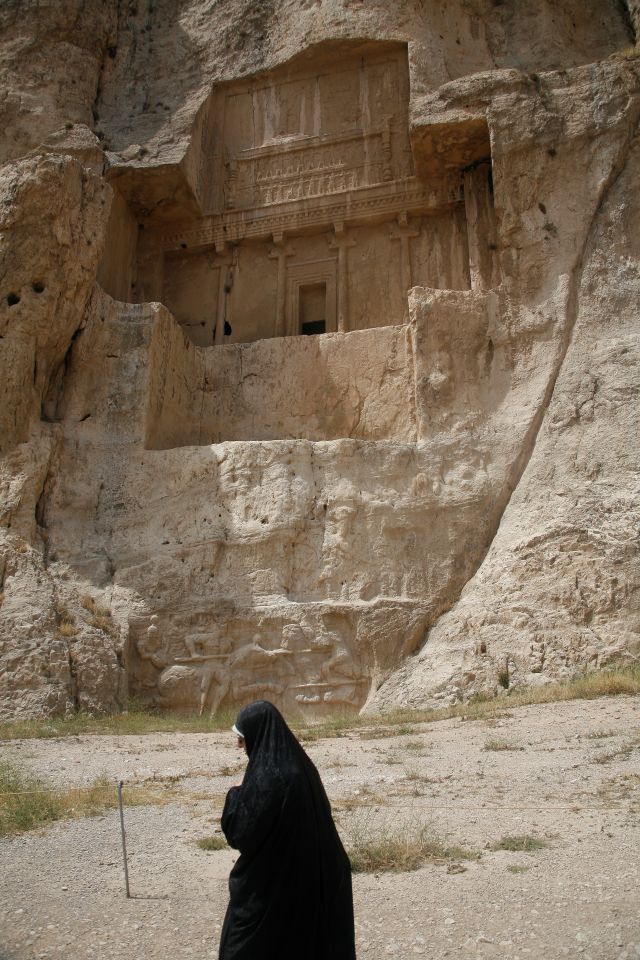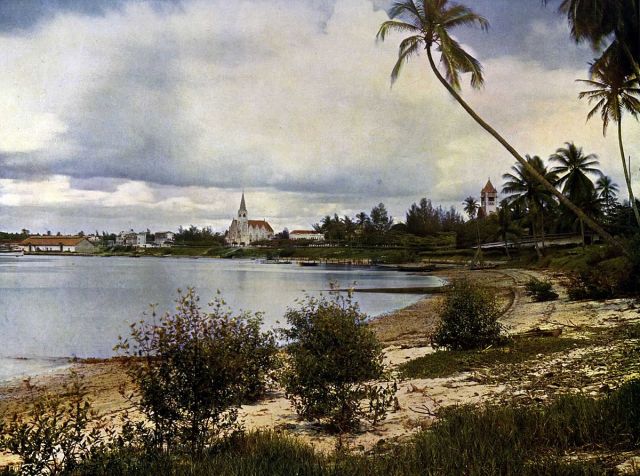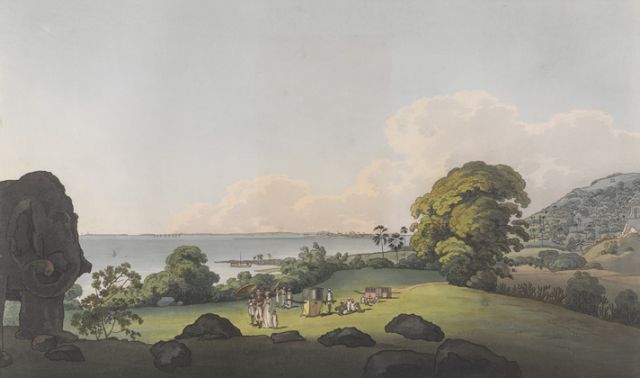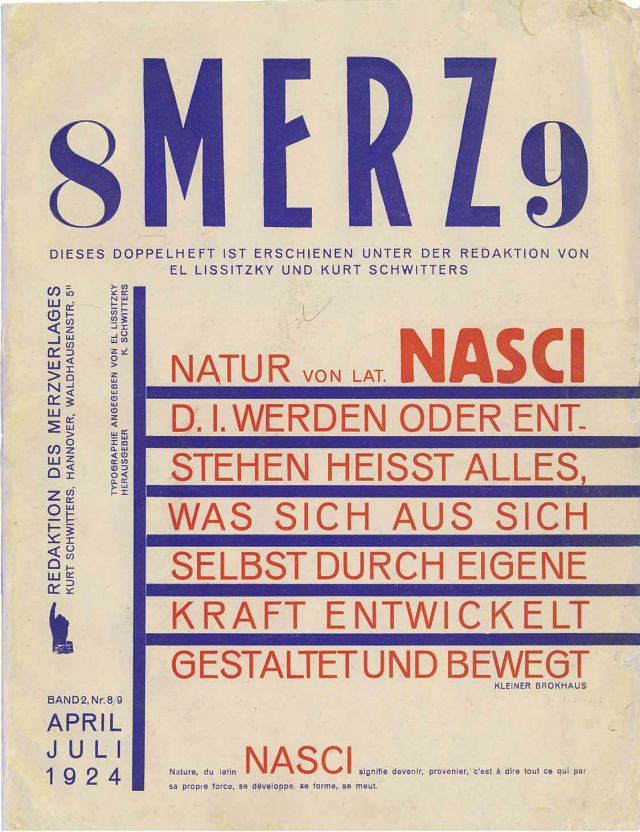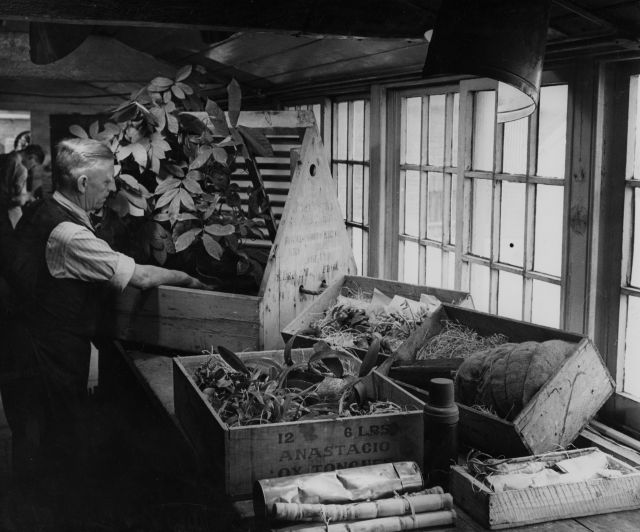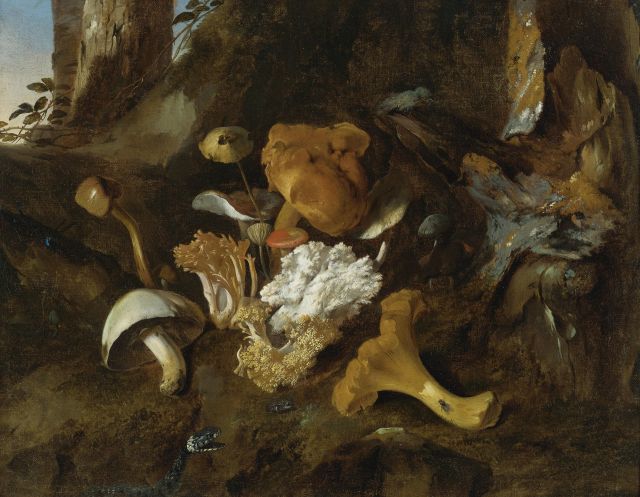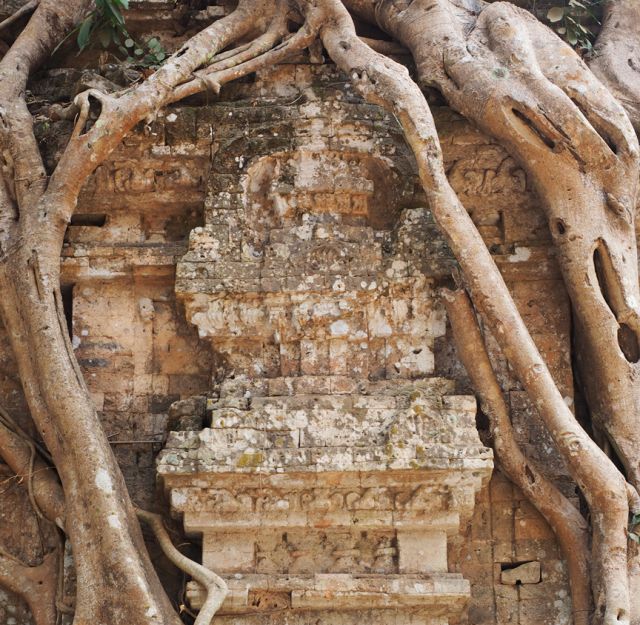4A Laboratory: Art Histories, Archaeologies, Anthropologies, Aesthetics
A cooperation between the Kunsthistorisches Institut in Florenz and the Stiftung Preußischer Kulturbesitz, together with the Forum Transregionale Studien and Berlin universities

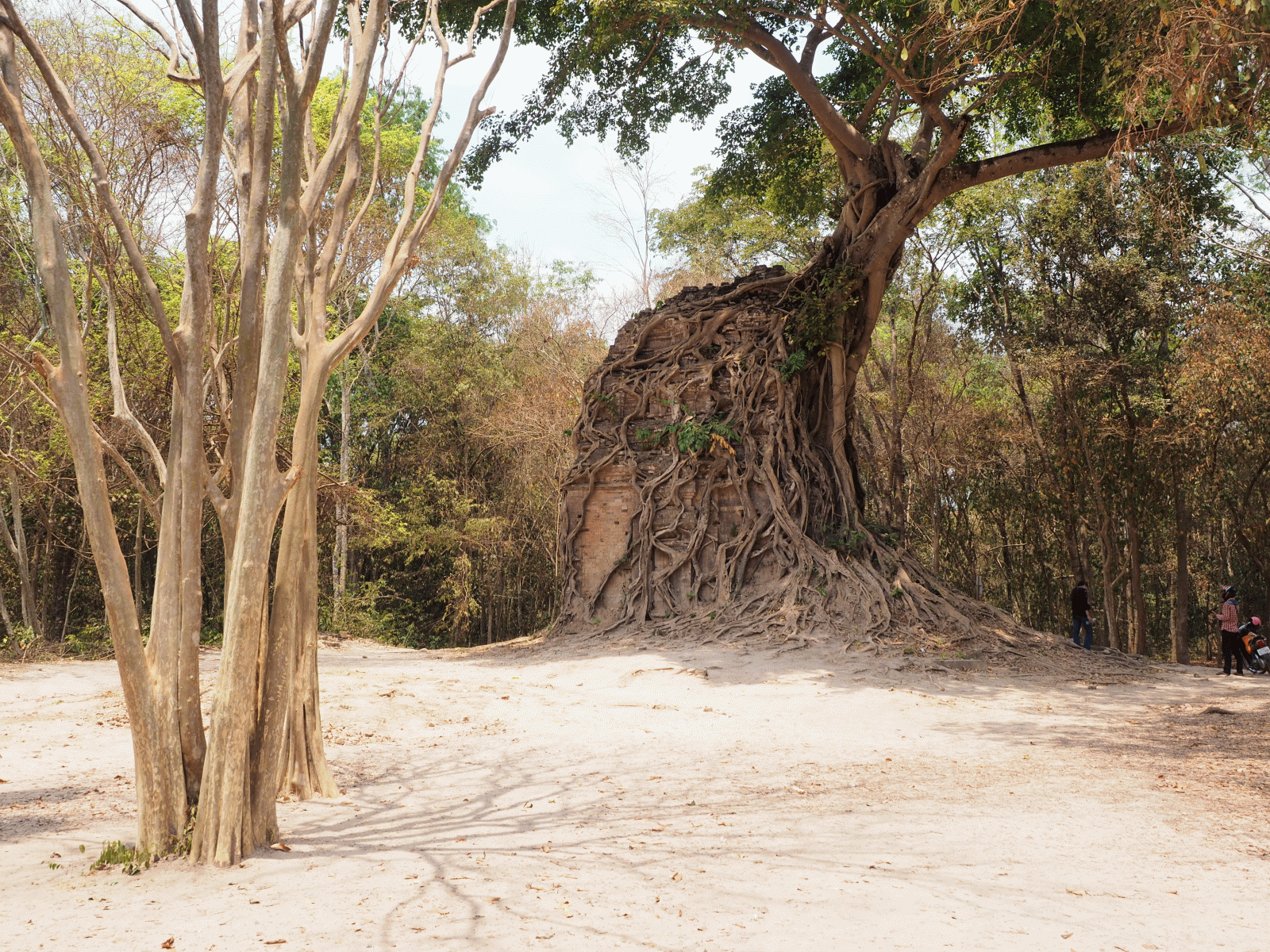
4A Laboratory: Art Histories, Archaeologies, Anthropologies, Aesthetics is a research and fellowship program designed in cooperation with the Kunsthistorisches Institut in Florenz (Institute for Art History in Florence) – Max-Planck-Institut (Max Planck Institute) and the Stiftung Preußischer Kulturbesitz (Prussian Cultural Heritage Foundation), including their respective museums and research institutions. Further partners are the Forum Transregionale Studien and the Berlin universities. The program aims to create a space for dialogue between institutions and disciplines that oftentimes operate separately. In particular, the 4A_Lab attempts to link together the disciplines of Art History, Archaeology, Anthropology/Ethnology, and Aesthetic Practices (4A), as well as other disciplines concerned with objects, practices, ecologies, and narratives (OPEN). Central to the scope of the 4A_Lab is the fellowship program, which brings excelling doctoral and postdoctoral researchers from Africa, Asia, the Americas, Australia, and Europe to Berlin.
The 4A_Lab has an interinstitutional, interdisciplinary, and transregional approach. It explores the transcultural dynamics embedded in aesthetic practices and material cultures, as well as the social practices and representations in museums and other spaces. At the same time, it also looks at current issues in object research by testing new liaisons between the Social Sciences and the disciplines of the "four A," in a dialogue that transcends geographical and chronological boundaries. The collections of objects hosted at the museums and institutions of the Stiftung Preußischer Kulturbesitz constitute the material basis of the projects. Research takes place in cooperation with museum researchers and the representatives of the Forum Transregionale Studien, the Humboldt-Universität zu Berlin, and other international institutions. The conversation between the researchers and the Fellows is structured around a focus theme, which changes from year to year and is regularly presented to the public through scientific conferences, workshops, and seminars.
The 4A_Lab resulted from the fusion and re-organization of two previous research and fellowship programs: Connecting Art Histories in the Museum (2009–2019) and Art Histories and Aesthetic Practices (2013–2019).
Hannah Baader
Program Director
Phone: +49 (0)30 266 422040
E-Mail: baader@khi.fi.it
Antje Paul
Program Coordinator
Phone: +49 (0)30 266 422042
E-Mail: antje.paul@khi.fi.it
Former staff members:
Helene Bongers, Sevda Onur, Lara Scaiola,
Celine Van de Velde, Elsa Ortlieb
Jule Ulbricht
Assistant
Phone: +49 (0)30 266 422041
E-Mail: jule.ulbricht@khi.fi.it
Tina Plokarz
Project Collaborator
Phone: +49 (0)30 266 422043
E-Mail: tina.plokarz@khi.fi.it
Nicoleta Certan
Student Assistant
Phone: +49 (0)30 266 422043
E-Mail: nicoleta.certan@khi.fi.it
Devin Gökdemir
Student Assistant
Phone: +49 (0)30 266 422043
E-Mail: devin.goekdemir@khi.fi.it
Academic Years 2023-25: Aesthetics, Art and the Ecology of Plants
Kate Donovan
4A_Lab Doctoral Fellow | 15 August 2023 – 31 January 2024
Sound Seeds Border-crossing and the Dispersal of Radio Waves, Seeds, and Sound Archives
Mahroo Moosavi
4A_Lab Postdoctoral Fellow | 1 October 2023 – 30 June 2025
The Shaken Tree and Ruined Fruits: Representations of Gardens in the Architectural and Textual Cultures of Safavid Iran
Julieta Pestarino
4A_Lab Postdoctoral Fellow | 15 June 2023 – 31 December 2023
Botanical Portraits: Native Argentine Plants Photographs, between Science and Art
Feng Schöneweiß
4A_Lab Postdoctoral Fellow | 1 September 2023 – 30 June 2025
The Environmental Crisis of Porcelain: Energy Consumption, Deforestation, and Waste in Early Modern Jingdezhen
Parul Singh
4A_Lab Postdoctoral Fellow | 1 May 2021 – 31 May 2024
The Gardens of Qaiserbagh: Between Myth, Reality and Illusion
Lea Viehweger
4A_Lab Doctoral Fellow | 1 October 2021 – 31 August 2024
The Meaning of Plants in Portraiture and Visual Culture from German-speaking Countries circa 1470 to 1570
Christopher Williams-Wynn
4A_Lab Postdoctoral Fellow | 1 September 2023 – 30 June 2025
Metabolic Aesthetics: The Colonial Genealogies of Ecological Art, c. 1970
Academic Year 2021/22: Plants II
Zachary Caple
4A_Lab Postdoctoral Fellow | 1 September 2022 – 31 December 2022
The Trophic-Dynamic Aspect of the Plantationocene
Qiuzi Guo
4A_Lab Postdoctoral Fellow | 1 July 2021 – 31 July 2022
The Shadow of Trees: Photography and Visual Realism in 1920s and 1930s China
Jung-Hwa Kim
4A_Lab Postdoctoral Fellow | 1 March 2021 – 30 June 2022
Invented Woods and Forests: The Tree Collections, Displays, and Networks of the First Korean Arboretum, 1922-1948
Pamela Mackenzie
4A_Lab Doctoral Fellow | 1 March 2021 – 30 September 2022
Microscope/Macrocosm: Early Modern Technology, Visualization and Representations of Nature
Parul Singh
4A_Lab Postdoctoral Fellow | 1 May 2021 – 31 March 2024
The Gardens of Qaiserbagh: Between Myth, Reality and Illusion
Melis Taner
4A_Lab Postdoctoral Fellow | 1 September 2021 – 31 August 2022
Plants and Animals on the Move in Early Modernity: The Global Connections of Early Modern Islamic Manuscripts
Lucas Vanhevel
4A_Lab Doctoral Fellow | 1 June 2021 – 31 December 2022
Theatrum Fungorum: Picturing Fungi in the Early Modern Low Countries (1450-1700)
Judith Elisabeth Weiss
4A_Lab Postdoctoral Fellow | 15 March 2021 – 15 July 2021
Plants in a Box. The Herbarium as Object of Knowledge and Art
Academic Year 2021/22 : Extended focus
Shraddha Bhatawadekar
4A_Lab Postdoctoral Fellow | 1 July 2022 – 31 December 2022
Decolonising Museum Narratives: A Comparative Study
Philip Geisler
4A_Lab Doctoral Fellow | 1 February 2022 – 31 October 2022
From Representation to Presence: Reconstituting the Islamic Art Museum through Performing and Contemporary Arts
Keivan Moussavi Aghdam
4A_Lab Doctoral Fellow | until 31 July 2023
Archaeology, Art and Visual Culture, and the Question of National Identity in Modern Iran
Academic Year 2019/20: Plants I
Bat-ami Artzi
4A_Lab Postdoctoral Fellow
Mutual Growth: The Agency of Plants as reflected in Inca and Chimú Visual Culture
Carlotta Castellani
4A_Lab Postdoctoral Fellow
"Plants as Inventors": the Impact of Raoul Heinrich Francé's Theories on El Lissitzky in the Context of the International Constructivist Movement
Sria Chatterjee
4A_Lab Postdoctoral Fellow
Nature & Nation: Art, Design and Political Ecologies in the Twentieth Century
Hanin Hannouch
4A_Lab Postdoctoral Fellow
Colonial Landscapes and Organic Vision: Robert Lohmeyer's Dreifarbenphotographie of Africa
Luke Keogh
4A_Lab Postdoctoral Fellow
The Wardian Case: Artefact of the Anthropocene
Angela Nikolai
4A_Lab Doctoral Fellow
(Re)Producing Nature. Moritz Meurer's Teaching Aid Collection for Applied Plant Studies
Lucas Vanhevel
4A_Lab Doctoral Fellow
Fungi in the Early Modern Low Countries: Image-forming, Ethnomycology and beyond
4A Laboratory: Art Histories, Archaeologies, Anthropologies, Aesthetics
The 4A_Laboratory is a research and fellowship program designed in cooperation with the Kunsthistorisches Institut in Florenz (Institute for Art History in Florence) as a research institute of the Max-Planck-Gesellschaft (Max Planck Society) and the Stiftung Preußischer Kulturbesitz (Prussian Cultural Heritage Foundation) including their museums and research institutions. Further partners are the Humboldt-Universität zu Berlin and the Forum Transregionale Studien. It aims to create a space for dialogue between institutions and disciplines that oftentimes operate separately. In particular, the 4A_Lab attempts to link together the disciplines of Art History, Archaeology, Anthropology/Ethnology, and Aesthetic Practices (4A), as well as other disciplines concerned with objects, practices, ecologies, and narratives (OPEN). At the centre of the activity of the 4A_Lab is the fellowship program, which brings excelling doctoral and postdoctoral researchers from Africa, Asia, the Americas, Australia, and Europe to Berlin. The visiting fellowship usually lasts 9 months, with the possibility to extend to a maximum of 2 years for doctoral Fellows.
The 4A_Lab program has an interinstitutional, interdisciplinary, and transregional approach. It explores the transcultural dynamics embedded in aesthetic practices and material cultures, as well as the social practices and representations in museums and other spaces. At the same time, it also looks at current issues in object research by testing new liaisons between the Social Sciences and the disciplines of the "four A," in a dialogue that transcends geographical and chronological boundaries. The collections of objects hosted at the museums and institutions of the Stiftung Preußischer Kulturbesitz constitute the material basis of the projects. Research takes place in cooperation with museum researchers and the representatives of the Forum Transregionale Studien, the Humboldt-Universität zu Berlin, and other international institutions. The conversation between the researchers and the Fellows is structured around a focus theme, which changes from year to year and is regularly presented to the public through scientific conferences, workshops, and seminars.
The 4A_Lab responds to the social challenges that confront the institution of the museum as a dynamic, constantly reconfiguring space of social interaction, knowledge production, and aesthetic practice. This space needs to be transgenerationally re-defined through new languages and new forms of mediation and communication, suitable for heterogeneous publics and different scientific communities. Meanwhile, the program aspires to build up a transversal networking and advance the scientific language of museum practices, in order to create a transregional dialogue with differentiated terminologies to best describe objects, artefacts, and material cultures.
The 4A_Lab takes active part in transdisciplinary discourses concerning provenance research and the post-postcolonial responsibilities of museums and collections. To this scpe, it investigates historical itineraries, complex topographies, and biographies of objects from a transregional perspective. The emphasis is not placed on the single object "in context", but rather on the historically constituted and constantly shifting assemblages of objects caught between stability and mobility, as well as their social, religious, political or aesthetic domains. The museum re-establishes itself in intermediate forms of temporary exhibition, permanent display and exhibition, as well as storage in depots and archives, constellations of museum architecture and design, in relation to visitors of various constitutions and backgrounds, and finally in addition to digital environments. The program makes use of an ecological approach, which seems today much apt. Dichotomies and classifications, serving the domestication of objects primarily in European cultures and languages, were critically revised in the last decades. Distinctions between nature/culture and art/craftsmanship or material culture, which have dominated the great museum structures or were supported by them, are now, at best, the framework for narratives to expose or nullify the former.serving the domestication of objects primarily in European cultures and languages, were critically revised in the last decades. Distinctions between nature/culture and art/craftsmanship or material culture, which have dominated the great museum structures or were supported by them, are now, at best, the framework for narratives to expose or nullify the former.serving the domestication of objects primarily in European cultures and languages, were critically revised in the last decades. Distinctions between nature/culture and art/craftsmanship or material culture, which have dominated the great museum structures or were supported by them, are now, at best, the framework for narratives to expose or nullify the former. The 4A_Lab demands new and open structures under these premises, which can be a focal point of discussion in relation to the opening of the Humboldt Forum. The 4A_Lab invites outstanding international doctoral and postdoctoral scholars to help shape these premises and lead an intercultural dialog across disciplines as a group.
The 4A_Lab exceeds the museum research program in the narrow sense. It sees itself as an experimental space for dialogue between the four mentioned disciplines, which is being realized in exchange with different institutions, in particular with the research institutions of the museums and other institutions, as well as academic research and teaching. The program strives to win over the expert representatives of the "4A" and their neighboring disciplines to participate in this dialog and to create a close contact as well as new and creative forms of cooperation between the fellows and the universities.
The 4A_Lab results from the fusion, progression, and restructuring of two research and fellowship programs: Connecting Art Histories in the Museum (2009–2019) and Art Histories and Aesthetic Practices (2013–2019). It draws upon the legacy of past collaborations conducted with the Staatliche Museen zu Berlin (State Museums of Berlin) and numerous other German and international research institutions.
Plants I and Plants II
In recent years, human understanding of the biology of plants has significantly changed. Neurobiologists have described vegetal life in new ways to a wider public, stressing the fact that plants not only have a sensorial apparatus, sex, but that they are also mobile – even though their motion is mostly slow – and even react to music. Plants, it would seem, have agency and they are endowed with forms of collective intelligence, a faculty that is located in plant networks, roots and ramifications. Plants, their ecology and the human interactions with plants therefore should be studied in new light, in a planetary perspective, from the beginnings of human history, as part of the Anthropocene. This includes research on the manifold aesthetic and artistic practices related to or based on plants.
While plants are important factors in human history, humans are leaving their imprint on the history and ecology of plants. The absence, presence and temporalities of vegetal life have always had an impact on settlements as well as urbanization processes. Moreover, plants are dominant elements in the human transformation of landscapes and environments. They are central for the history of colonialism, especially in the form of plantations. They are also protagonists in the making of – real and imagined – gardens across cultures. Plants interact with the human body and its sensorial, perceptive and biochemical apparatus, be it by means of drugs or via food and air. Flowers and fruit are significant elements or even agents in a history of smell and perfume. Plants are not only indispensable for the future of nutrition, they also come with a long past of cultivation processes that includes bioengineering.
For all of these reasons, plants and plant life have been a constant field of investigation and knowledge production, be it by practitioners such as farmers, or by scholars and amateurs. The understanding of plants can be gendered or socially and culturally distinctive, with specific knowledge systems relating to certain plant environments. They come together with classification systems, taxonomies, forms of collecting and display, as in the case of botanical gardens. Not only knowledge, but also aesthetic categories have been (and will continue to be) an eminent factor in the processes of the perception, description, cultivation and appreciation of plants. Artistic production and aesthetic practices based on or relating to plants are thus fields that deserve further exploration across time and space, be they historically driven by religious approaches, political interests, romanticizing views, modernist thought or eco-activism.
Artworks can rely on plants via materials like wood, pigments or dyes, textiles and canvases. Plants are protagonists in herbaria, drawings or photographs or in still life painting. They appear on tiles and pots or in architecture and all kinds of decoration. In fact, plant life or plant morphology forms the basis of the theory and the practices of ornament (or ornamentation), and might be discussed also in terms of a theory of beauty. Seeds, germination, growth are only some of the concepts or metaphors induced by plant life. Moreover, plants serve as protagonists in literature, in poetry and music as well as in religious contexts across cultures and geographies, as part of rituals or of religious veneration (bamboo, lotus, maize, pomegranate, yam, vines or sacred trees). These cultural practices can be part of larger social, political and economic developments or constellations. In fact, plants and crops are major components in economies and thus are often at the center of social tensions or transregional conflicts.
The program welcomes projects from a wide range of topics relating to plants that place emphasis on aesthetic processes, history of thought, and material culture, from the 4A disciplines but also from philosophical or literary studies, in a transregional perspective.
Advisory Board
Prof. Dr. Dr. h.c. Thomas W. Gaehtgens (chairman)
Director Emeritus Getty Research Institute, Los Angeles
Prof. Dr. Ruth Bielfeldt
Ludwig-Maximilians-Universität, München
Prof. Dr. Birgit Meyer
Universität Utrecht
Prof. Dr. Avinoam Shalem
Columbia Universität, New York
Ludwig-Maximilians-Universität, München
Prof. Dr. Kavita Singh
Jawaharlal Nehru Universität,
New Delhi
Board of Trustees
Prof. Dr. Dr. h.c. Thomas W. Gaehtgens
Director Emeritus Getty Research Institute, Los Angeles
Prof. Dr. Dr. h.c. Hermann Parzinger
Präsident Stiftung Preußischer Kulturbesitz, Berlin
Prof. Dr. Gerhard Wolf
Kunsthistorisches Institut in Florenz –
Max-Planck-Institut
4A_Lab
Villa Parey
Sigismundstraße 4
10785 Berlin / Germany
Postal address:
Stiftung Preußischer Kulturbesitz
4A_Lab
Stauffenbergstraße 41
10785 Berlin / Germany
Phone: +49 (0)30 266 422042
E-Mail: 4a_lab@khi.fi.it
4A_Lab contributions on KUNST.LOG



